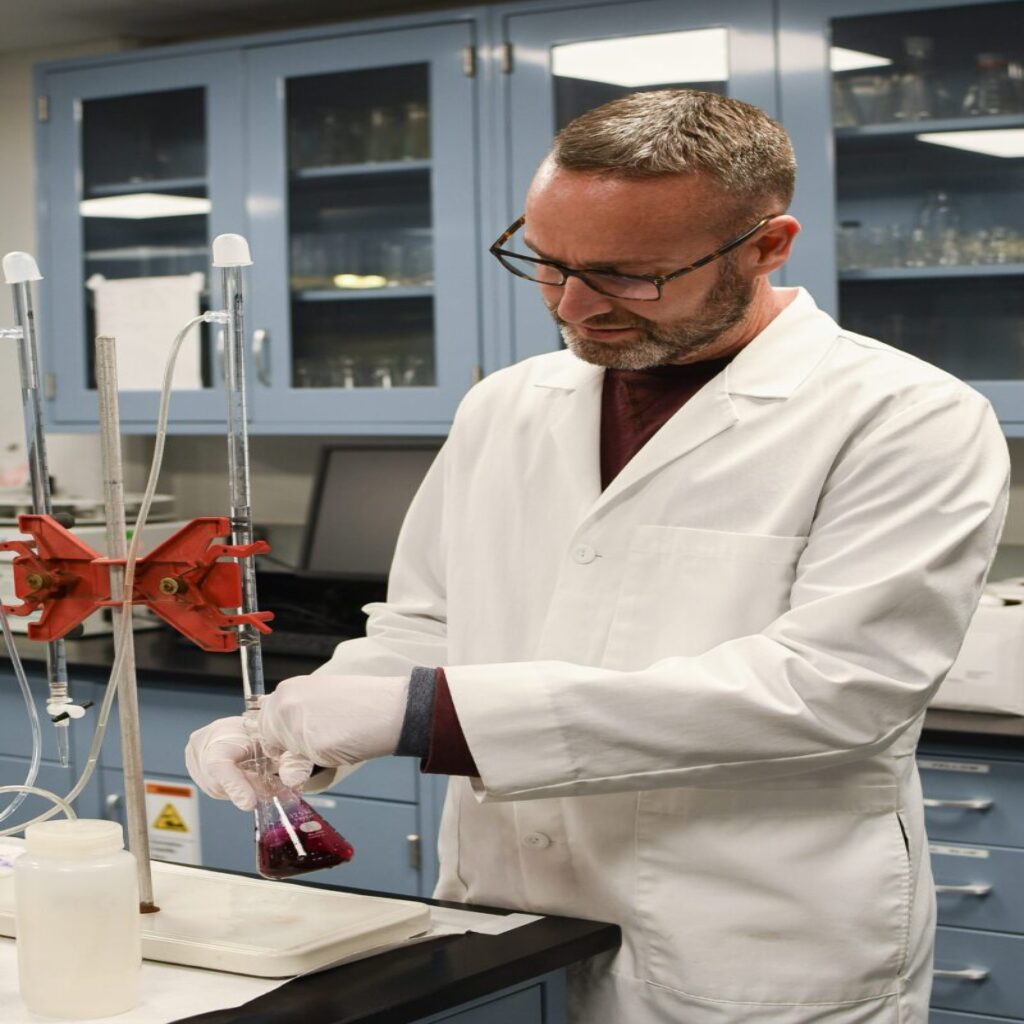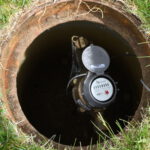Water Hardness Made Easy
Water Hardness Made Easy
Understanding what water hardness is and how it affects your water can be… well… hard!
Water hardness is a measure of dissolved minerals in water. Water becomes hard as it encounters rocks and soil, and the minerals in rocks and soil (primarily calcium and magnesium) become dissolved in the water.
How Thornton Compares
Thornton uses a lab technique called titration to determine the hardness level of water. This technique involves slowly adding reagents to test the presence of other substances in the water. Reagents are substances that help create a small chemical reaction to show the level of minerals present in the water.
Water hardness is measured in milligrams per liter (mg/l), or grains per gallon.
The city of Thornton currently averages about 200 mg/l of water hardness (11.7 grains per gallon). This hardness level is slightly higher compared to other Front Range cities, which have an average water hardness between 60 and 180 mg/l (3.5 and 10.5 grains per gallon).

The city of Thornton’s water hardness levels fluctuate depending on the time of year. In the winter, the demand for water is lower and Thornton Water can use more water from sources with lower hardness levels, resulting in an average hardness of about 140 mg/l (8.2 grains per gallon). In the summer when demand is higher, water needs to be pulled from all available sources and some areas could see water hardness levels at up to 250 mg/l (14.6 grains per gallon). In the spring, water hardness can increase before snowmelt is diverted to storage.
Since our focus is on delivering clean, reliable water to our customers, we do not treat for water hardness. Instead, we focus on treating water for optimal water quality and balance various factors to produce water that does not degrade pipes and fixtures. To learn more about how clean, safe water is made, check out our blog post on the water treatment process.
Effects of Hard Water
Hard water can deposit minerals on pipes, fixtures, sinks, appliances, pots, pans, and dishware. It can also create spotting on glassware and increase the need to frequently clean appliance filters.
There are no negative effects of drinking hard water and it does not impact the safety, quality or cleanliness of your water. Many people even enjoy the taste of water with small amounts of dissolved minerals. In fact, Evian water, a popular bottled water brand, has a hardness of 291 mg/L. Hard water is also fine for pets, plants and lawns and can be used for typical household activities.

Mineral deposits can be avoided by towel drying when possible and removed if needed with a diluted white vinegar mixture comprised of 50% water and 50% white vinegar.
If you prefer water with a lower hardness level, treatment systems can be installed to help soften your water. Treatment systems can be tricky, so we recommend researching system options, such as the Reverse Osmosis through the EPA, to understand the pros and cons of what you may install.
The annual Thornton Water Quality Report details Thornton’s most recent water quality data. Visit ThorntonCO.gov/waterinfo to learn more.
Thornton Water is here for you. Contact us by email at waterquality@thorntonco.gov or phone at 303-255-7770 for more information about Thornton’s water quality.





